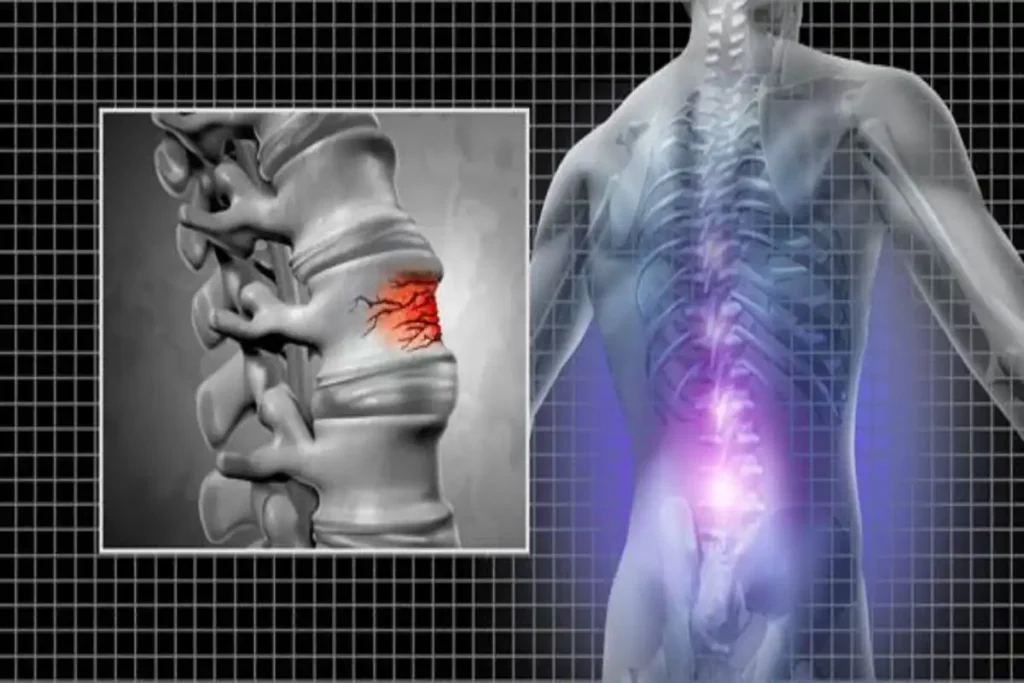What Counts as a Serious Personal Injury in Oklahoma?

Personal injury comes in various forms, from slip and fall accidents to car or truck accidents. Whether a victim walks away with wounds or bone fractures, they’re within their right to seek damages based on how nasty their injuries are and how much the other party has tried to prevent such a scenario.
Then, you have a serious personal injury, which, from the looks of things, is more than your average cut or bruise. Legal experts agree that this kind of injury is bad enough to affect a victim’s life for a long time, if not for the rest of their life. By that definition, the loss of a limb that they need for work may count as one.
Whether the term “serious personal injury” exists depends on a state’s personal injury laws. In Oklahoma, it’s known as “great bodily injury,” and is typically used in the context of car accidents. Here’s everything worth knowing about this legal term.
Contents
Defining ‘Great Bodily Injury’
In the context of motor vehicles, the 2025 Oklahoma Statutes defines “great bodily injury” as:
“Bodily injury which creates a substantial risk of death or which causes serious, permanent disfigurement or protracted loss or impairment of the function of any bodily member or organ (Okla. Stat. Title 47, § 6-205(G)).”
The statutes don’t explicitly list the kinds of injuries that qualify as “great bodily injury.” However, there are at least two takeaways from this. First, the injury in question is grave but falls short of outright death.
Second, and more importantly, it can be any injury that drastically changes the victim’s appearance. It may only be skin deep, but a well-placed scar or damaged face puts the victim at risk of being ostracized by society. That, in turn, can take an emotional toll on them and deny them opportunities to make a living.
The part about loss or impairment of an organ needs no in-depth explanation. It doesn’t take a lot of force to damage an organ to the point that it can’t perform what it’s meant to do. This also includes other bodily members, such as limbs, whether lost in the accident itself or through later medical treatment.
Such serious injuries are more than enough to qualify for seeking damages, not just to cover medical bills but also lost wages. To that end, a victim will benefit from getting legal help for personal injury cases in Oklahoma City or elsewhere. A wrongful injury lawyer by the victim’s side can improve a personal injury claim’s chance of success.

Qualifying Injuries
Because organs are delicate, many injuries in accidents or criminal activities can become serious, if not life-threatening. Below are a few examples based on the state’s criteria.
Traumatic Brain Injury
A traumatic brain injury (TBI) is essentially one caused by a blow to the head, often with a blunt or sharp instrument. Minor blows may cause short-term brain problems like seeing double or momentary dizziness, but major ones like whiplash in high-speed car accidents risk permanent disability or even death.
What makes TBI dangerous is that the symptoms don’t always manifest right away. The National Institute of Neurological Disorders and Stroke states that they can appear days, weeks, or months after the blow.
Internal Bleeding
Some organs are close to bones, which puts them at risk of rupturing by splinters when the body suffers a terrible blow. This causes them to hemorrhage blood inside the body, which can lead to victims feeling lightheaded or, in severe cases, losing consciousness.
When not dealt with quickly, internal bleeding is known to lead to shock. Without a steady blood flow to deliver oxygen, internal organ damage can ensue. It can also lead to blood loss-induced shock.
Spinal Cord Injury
The spinal cord is how your brain sends and receives signals from every nook and cranny of your body. While protected by the spine, a strong enough blow can dislocate the discs and impair the spinal cord’s function. Think of it as a garden hose; twisting one part of the hose affects the flow of water out of the showerhead.
Without a working spinal cord, the brain can’t send signals to the organs about what to do in a situation. Conversely, it can’t receive signals from said organs to assess the situation. The lack of instructions leaves them to their own devices, leading to bladder and bowel movement problems, among other things.
Spinal cord injury can also restrict a person’s mobility or, worse, leave them paralyzed, as the spinal cord is also connected to the muscles. The more severe the blow, the higher the likelihood of paralysis being permanent.
Solid Evidence is Key
In any situation that results in great bodily injury, the first step is always to seek immediate medical attention. This applies whether or not you feel anything after an unfortunate event, as symptoms may take their time manifesting. Quick and decisive treatment by a medical professional helps reduce one’s risk of total disability.
However, another good reason is that it’s necessary to gather evidence to back a personal injury claim. Medical records prove that the victim was forced to undergo treatment that they shouldn’t have had to pay for. All the more reason to do so when filing a claim with the insurance companies.
Aside from proof of medical expenses, other important pieces of evidence include expert testimonies, accident reports, and witness statements. In fact, it’s always a good idea to collect as much evidence as possible for a personal injury claim.
Serious Bodily Injury Warrants Damages
No one asks to be hurt, yet auto accidents and other unfortunate events will stop at nothing to harm you or your loved ones. If such a scenario happens, you deserve to seek damages for the pain and suffering. That said, never pursue a personal injury claim without the aid of a personal injury lawyer.



